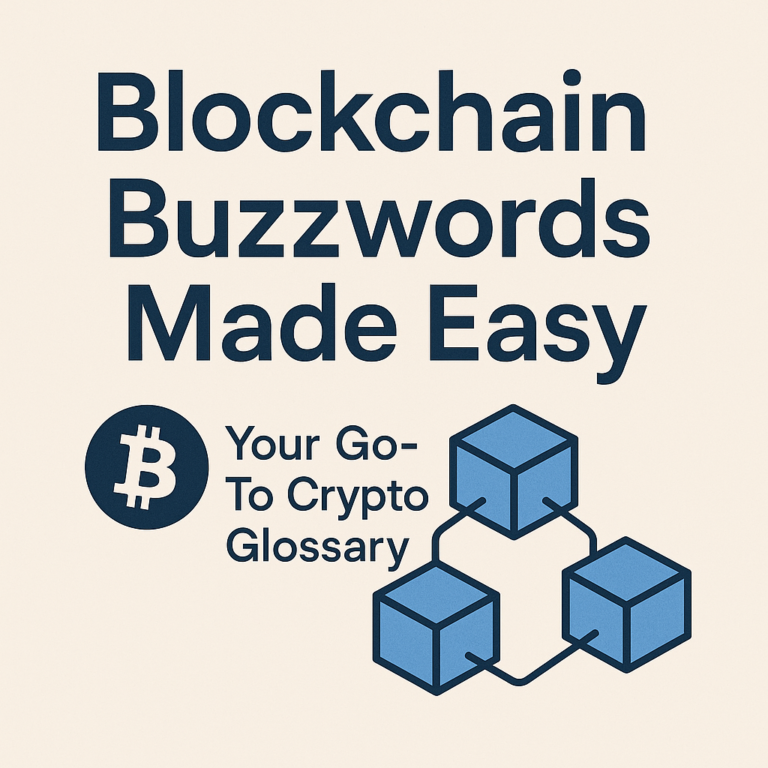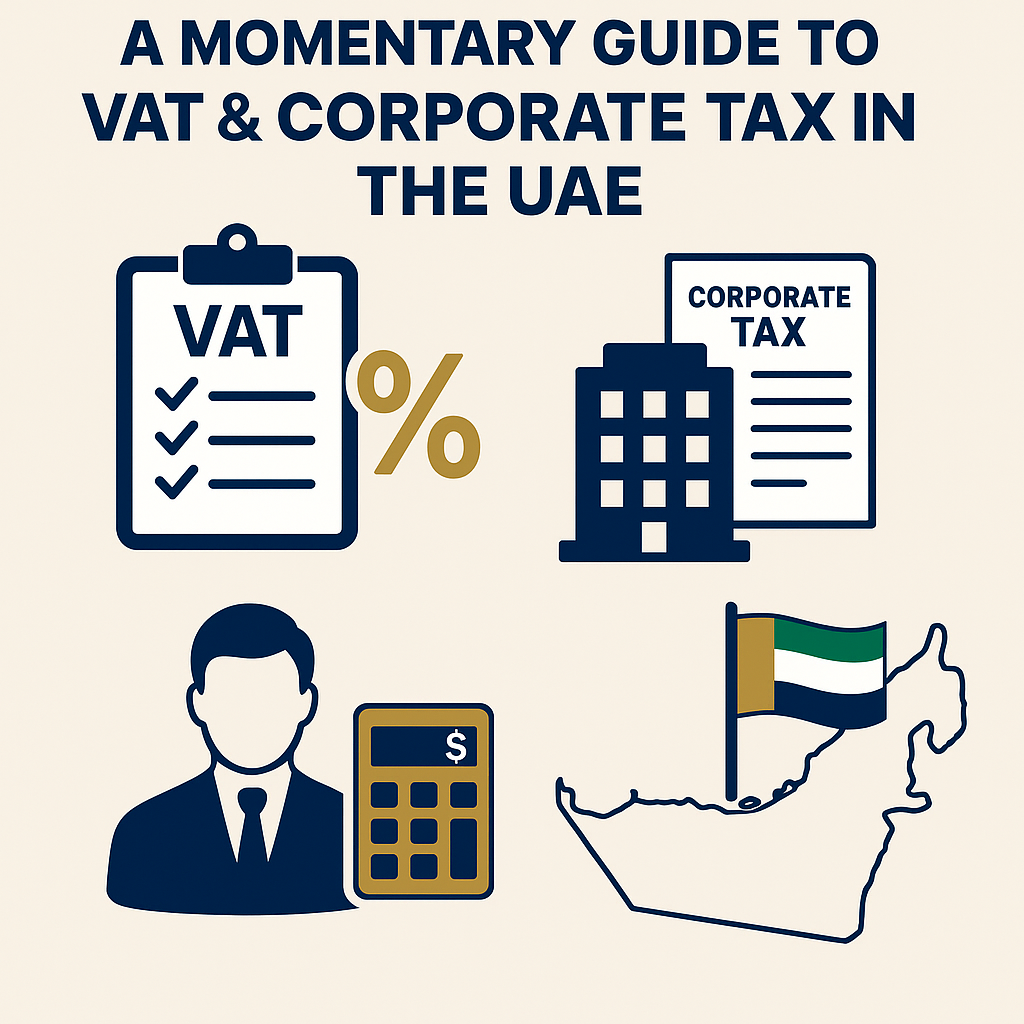- Tokens Tokens are digital units that are used inside a cryptocurrency system. They can stand for many different things — like real-world items (gold, coffee beans), points for loyalty programs, digital currencies, or even property. People use them in apps or websites that run on blockchain.
- Airdrop
An airdrop is when a blockchain project gives away free tokens or coins to people in the community. It’s often done to promote a new coin, reward loyal users, or get more people interested in the project.
- Blockchain
A blockchain is like a public notebook on the internet that records all transactions in order. It’s made up of “blocks” of data that are connected in a chain. Each block is linked to the one before it. This system uses strong encryption to make sure that no one can change the past if someone tries, the rest of the network will notice and reject it.
- Centralised
A centralised system is one where one person, group, or company controls everything. That means there’s a single authority making decisions and managing everything. If that central point fails or is attacked, the whole system can break.
- Cross-Chain
Cross-chain technology helps different blockchains talk to each other. It allows people to send data or tokens from one blockchain to another. This makes the crypto world more connected and flexible.
- Decentralised
In a decentralised system, no single person or group is in charge. Instead, it runs across a network of computers that all work together. Decisions are made by everyone using shared rules. This makes it very hard for anyone to cheat or change things secretly.
- Decentralised Autonomous Organisation (DAO)
A DAO is like a business that runs itself using computer code (smart contracts) instead of people. Decisions are made by the community — usually people who hold special tokens. The more tokens you have, the more voting power you get. Everything happens automatically based on the rules in the code.
- Decentralised Finance (DeFi)
DeFi is a way to do banking (like lending, borrowing, or trading) using blockchain. You don’t need banks or brokers — just smart contracts. Apps in DeFi can do things like give out loans, create markets, or let you earn interest, and they run 24/7 with no middlemen.
- Fiat Currency
Fiat money is regular money issued by a government — like US Dollars or British Pounds. It isn’t backed by a physical thing like gold, but it’s trusted because the government supports it and the central bank controls its supply.
- Fork
A fork happens when the developers of a cryptocurrency make changes to its software. If the new version can’t work with the old one, it splits into a new version — like a new branch of a tree. That new branch becomes its own version of the coin, starting from the beginning.
- Futures
Futures are contracts where two people agree to buy or sell something (like Bitcoin) at a set price on a specific date in the future. People use futures to bet on price changes or to protect themselves from losses.
- Hard Fork
A hard fork is a major software change in a blockchain that is not compatible with older versions. When this happens, a new and separate blockchain is created from the original one. This new version starts its own path and becomes its own cryptocurrency.
- HODL
“HODL” is a fun way of saying “hold.” It came from a typo in a forum post. In crypto, it means keeping your coins long-term, even if the market goes up and down a lot. It’s now a popular strategy for people who believe in crypto’s future.
- Initial Coin Offering (ICO)
An ICO is when a new cryptocurrency project sells tokens to the public for the first time. It’s a way to raise money and start building the project. People buy in early hoping the token’s value will go up later.
- Liquidity
Liquidity means how easy it is to buy or sell a cryptocurrency without changing its price too much. If a coin is highly liquid, you can quickly trade it for cash or another coin. If it’s not liquid, trading might take time or cost more.
- Mining
Mining is the process where powerful computers solve puzzles to confirm transactions on a blockchain. When a miner solves a puzzle, they get rewarded with new cryptocurrency. This helps keep the network secure and working properly.
- NFT (Non-Fungible Token)
An NFT is a unique digital item. You can’t swap it one-for-one like regular coins. Each NFT is special — like a digital collectible, artwork, music file, or video. They are bought and sold like collector’s items.
- Soft Fork
A soft fork is a smaller change to a blockchain’s software. It’s still compatible with the older version, but it changes how some things work. It doesn’t split the blockchain, so everyone can still use the same one.
- Stablecoin
A stablecoin is a cryptocurrency that’s designed to stay the same value. It’s usually connected to something stable like the US dollar or gold. People use stablecoins to avoid big price swings while still using blockchain.
- Staking
Staking means locking up your crypto coins in a wallet to help support the network. When you stake coins, your wallet helps process transactions. In return, you earn extra coins as a reward. But while staking, you usually can’t use or trade your coins.
- Token swap
- Swapping one crypto for another – It’s when two people trade one type of cryptocurrency token for another, using a special exchange platform to make the trade quick and easy.
- Moving a token to a new blockchain – Sometimes, a token that was built on one blockchain (like Ethereum) is moved over to a different blockchain. This move is also called a token swap.
- Transaction Fee
Whenever you send cryptocurrency, you usually pay a small fee. This fee goes to the miners or network validators who help process and confirm your transaction. The faster you want your transaction to go through, the higher the fee might be.
- Wallet
A wallet is a digital tool that holds your cryptocurrency. It stores your private keys (like passwords) and public keys (like your account number). You use your wallet to send, receive, and check your crypto balance.
- Wash Trading
Wash trading is when someone buys and sells the same crypto over and over to make it look like there’s a lot of activity. This can trick people into thinking the coin is popular and rising in value. Sometimes, exchanges do this to boost interest — but it’s dishonest and can mislead investors.
- Token Swap Token swap refers to the direct exchange of a certain amount of one cryptocurrency token for another between users facilitated by a special exchange service. It can also be defined as the migration of a cryptocurrency token built on top of one blockchain platform to a different blockchain.


